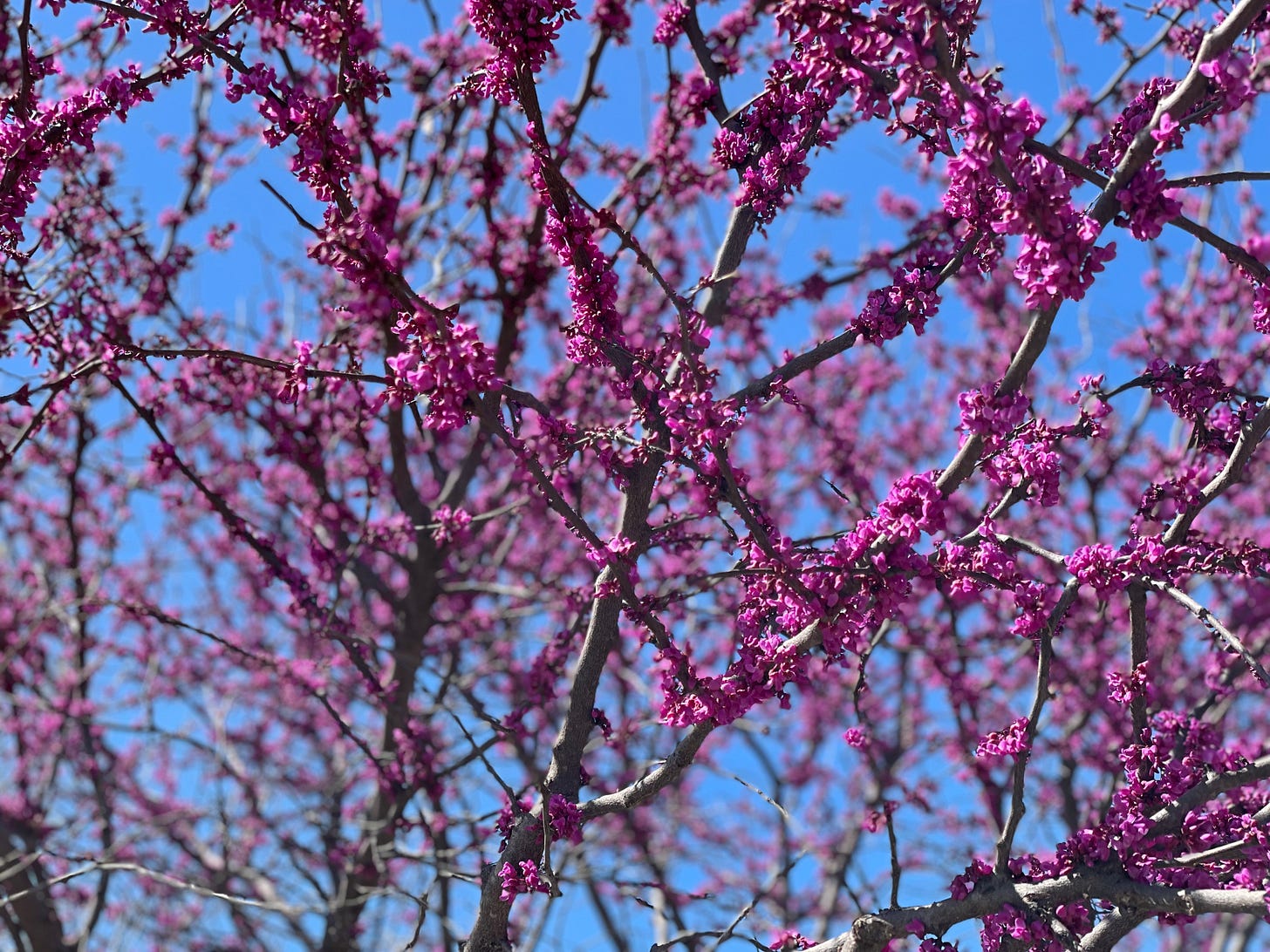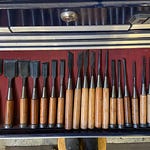Jess, from the sylvan suburbs of Chicago, asks,
“My question is about food scarcity. As much as possible, I know it's important to shop local and sustainable. I also believe food scarcity in the US is going to be a reality within 1-2 generations. Sure there might be Human Food Product or some other manufactured solution, but in the meantime—what foods should a Midwest gardener learn to cultivate in order to sustainably feed a family? Our growing season is quite short, so suggestions to maximize the outdoor growing season or grow indoors using grow lights, etc. would be helpful. I understand gardening possibly isn't your expertise, but maybe some of your Illinois family might have some suggestions?”
Jess, thank you for your terrific question. I agree with you that we as a civilization need to get our heads out of our rear ends when it comes to sustainably producing our food. Step one is simply knowing where our food is sourced. Who grows or produces or catches it? How do they do so, and are they being responsible to the consumer’s health when they provide our foodstuffs? What about the health of their watersheds, their biospheres, and their ecosystem? Are the folks supplying our sustenance concerned more with Mother Nature’s ability to continue regenerating the precious resources we consume, or with their shareholders’ bank accounts?
Keeping a handful of hens for laying seems like one of the smartest moves most consumers can make. I would absolutely be raising my own eggs if I didn’t live in an area where coyotes run footloose and fancy-free. Short of that, finding local suppliers of eggs, dairy, meat, produce, and fish and seafood (where applicable) is also an excellent way to know that your groceries are free from the many poisons that industrial agriculture relies on to attract your dollars. It also ensures that your hard-earned income is staying within your relative community, supporting small, local farming outfits, rather than further fattening the Monsanto brass who likely couldn’t tell a potato from a yam.
As for the Midwest, I just happen to know a mightily prolific gardener in Illinois. He’s the Mayor of my hometown—Minooka, Illinois—and he also happens to be my Dad. I put your question to him, and here’s what I got back:
(April 26, 2022) In the garden: Number 1, the amount of sunshine is important but many regular veggies (30) can survive on less than 8 hours of Sun. I looked it up and was surprised. Some need at least 8 hours but many do not.
2nd up is cold, the last frost in the Spring should be an indicator to start planting but Mother Nature moves it around. The average date in our part of Illinois is April 18th but it’s different all over so people should check. The bottom line is that after germination most plants will not grow until nighttime temperatures stay at least 50° or higher. They will live but just sit there and look at you. Loose soil (add mulch and or sand) really helps. More later, going to bed. A wake, funeral and 3 meetings today, busy day.
(April 29, 2022) The potato sets went in on Good Friday, and a little lettuce came up as did some garlic. Today we went to Red Bud Creek Garden Center and bought red cabbage, brussels sprouts, kohlrabi, basil, parsley, thyme, rosemary, pineapple sage (a new one for us), some coleus, some succulents for Mom, and some columbines to give as gifts. When it’s warmer, I’ll plant the tomatoes, peppers, cucumbers, and sweet potatoes. I have seed for spinach, radishes, and green and yellow beans which will go in soon, maybe tomorrow. There also will be flowers bought for home and the cemetery. I’m sure I forgot something.
Kale.
Of the many things we humans can discuss, gardening is perhaps the most wholesome, since it concerns every one of us, or at least it should. If you’re not certain why that is, please read The Omnivore’s Dilemma by Michael Pollan, The Unsettling of America by Wendell Berry, Sacred Cow by Diana Rodgers and Robb Wolf, or Pastoral Song (English Pastoral in the UK) by James Rebanks. It’s a complicated problem in which we’re all complicit to some extent, so the more of us get educated about the kind of beef grazing that is actually good for climate change (Sacred Cow) and, well, kale, the better chance we have of getting to keep eating those delicious comestibles.
Love,
Muleteers assemble! Thank you for making it this far, and thanks to my dear Dad for his gardening tips. There will be some video this weekend, and I’ll welcome your questions in the comments, giving special scrutiny to the weekend crowd. To the garden! xo




















Share this post